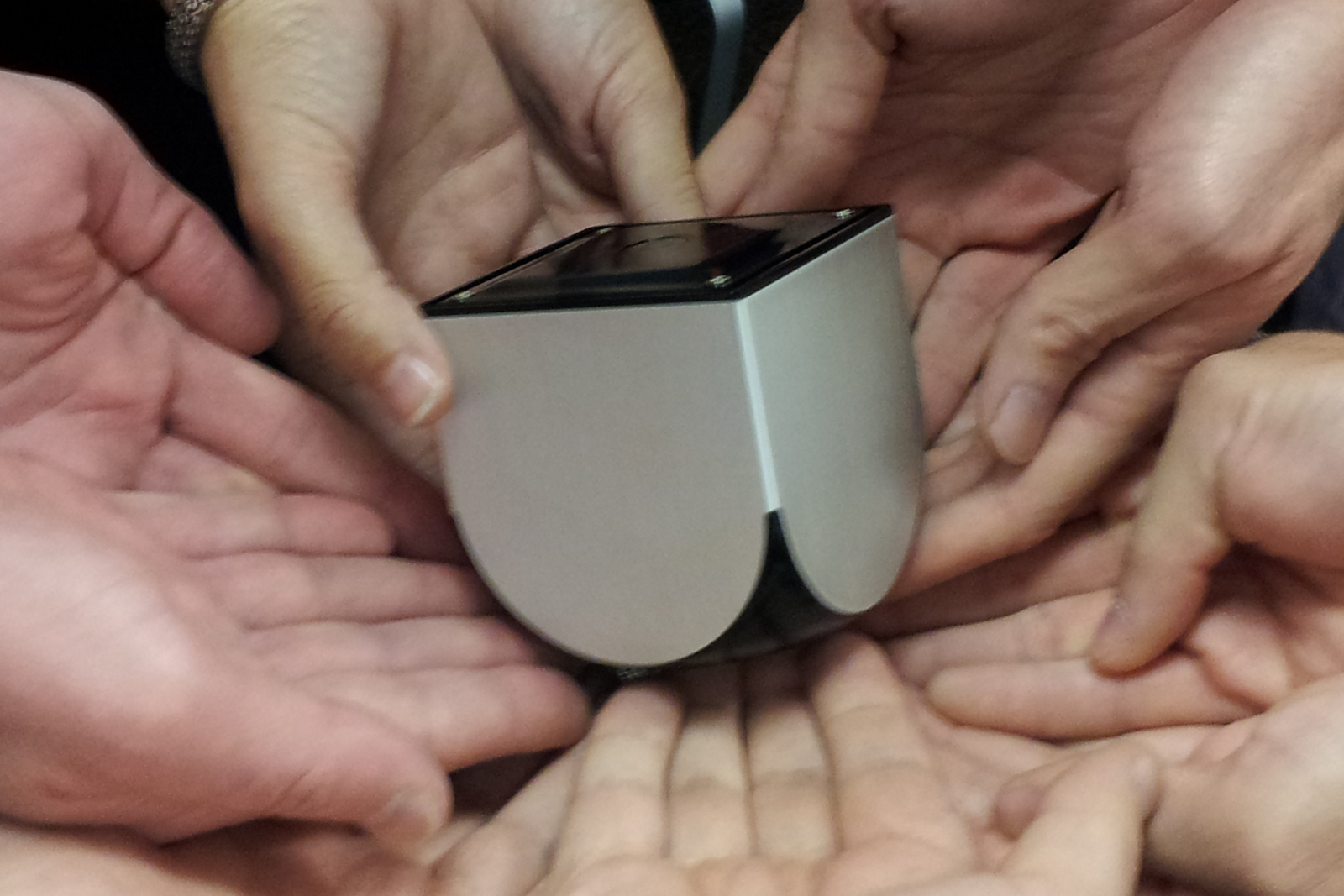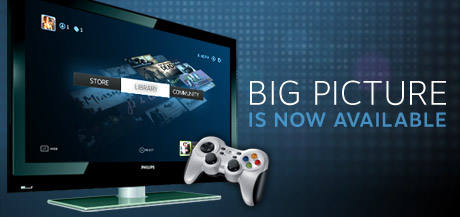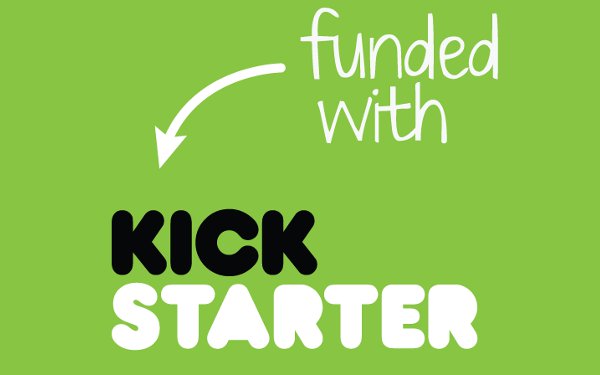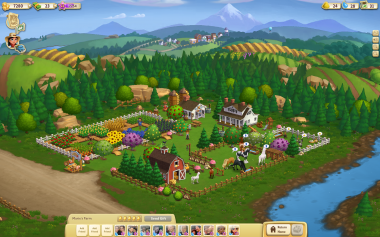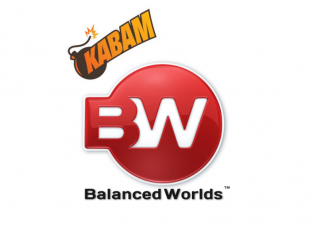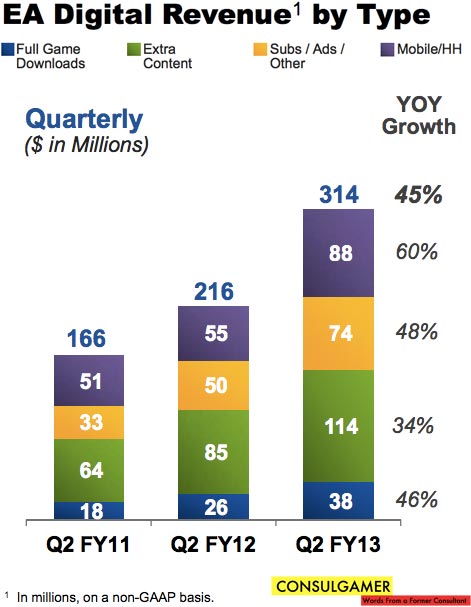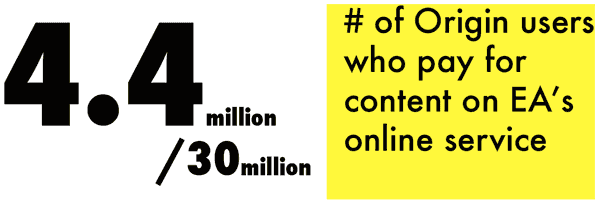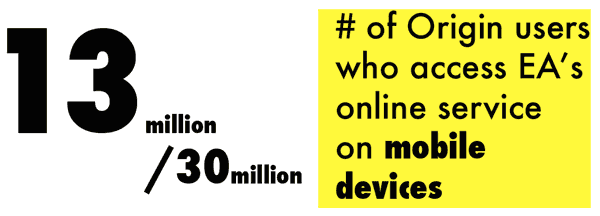Peter Molyneux recently said that he was “going to make one more game” which would seem to indicate a retirement of some sort. He is now backing off of that claim now, and doesn’t sound like a man approaching retirement at all.
“I wasn’t in any way announcing my retirement or saying I’m going to throw myself off the nearest bridge after my next game,” said Molyneux. “I’m either going to stop making games when everyone in the world just hates the games I make or the day when I die. I feel more passionate, more engaged, more energetic about making games now than I ever have. The thought of retirement is abhorrent to me. I would have to be in some vegetative state to consider retirement.”
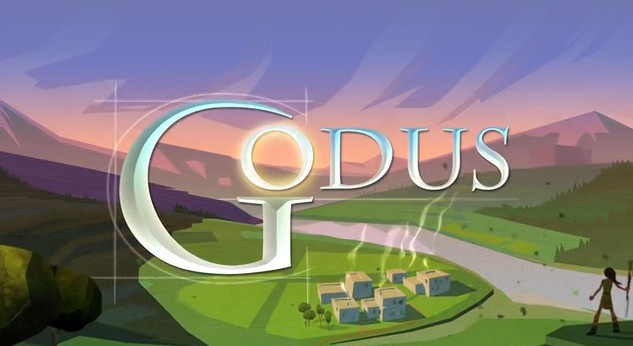
He added about Project Godus, his Kickstarter which is halfway funded with more than two weeks to go, that there are alternatives in case crowdfunding doesn’t work. “We’d have to look at some of the more traditional routes,” Molyneux explained. “I think it would be a tough world to be in if we weren’t funded, that’s for sure. Everyone kind of thinks I’m loaded with money and live in Versailles or something, and drive around in a gold Rolls Royce. None of that is true. I’m not starving by any means, but I haven’t got unlimited wealth. I used a lot of money to found 22 Cans, to release Curiosity, and to build a team of 20 people.”
Source: GamesIndustry International
